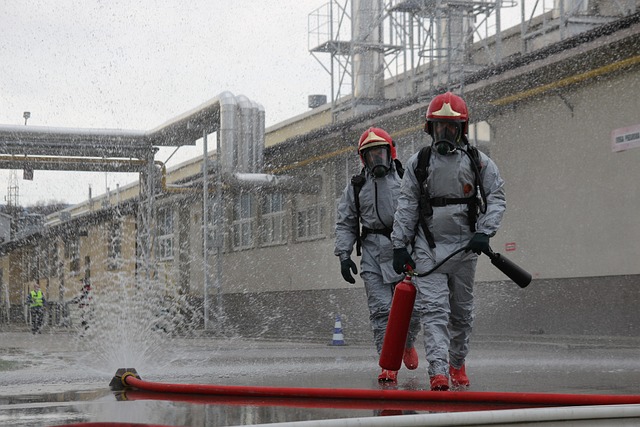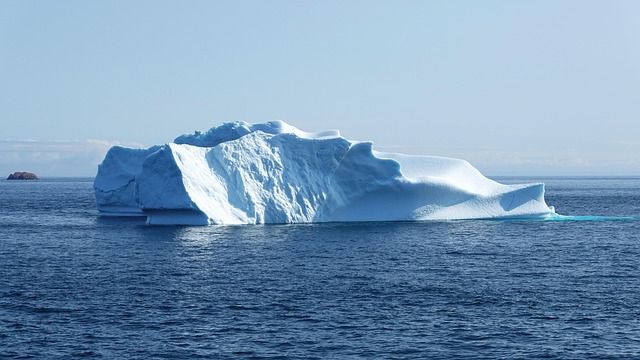Unveiling the Impact of Climate Change on Mussel Poisoning in the Environment
The delicate balance of our environment is increasingly threatened by the relentless march of climate change. One alarming manifestation of this crisis is the rising instances of mussel poisoning, a condition that not only impacts marine life but also sends ripples through the entire food chain, affecting human health and coastal economies.
Mussels, often seen as a staple seafood, can become vessels of toxicity when environmental conditions shift. As ocean temperatures rise and waters become more acidic, the toxin-producing phytoplankton flourish, leading to higher occurrences of harmful algal blooms. These blooms can accumulate in mussels, and when humans and marine animals consume them, the consequences can be dire. The sheer thought of indulging in a beloved seafood dish becoming a source of poisoning is unsettling, revealing how far-reaching climate change’s impact can stretch.
Alongside rising temperatures, other climate-related factors contribute to mussel poisoning. Changes in precipitation patterns lead to increased runoff, which can introduce pollutants and toxins into coastal waters, further exacerbating the problem. These variances not only disrupt marine ecosystems but also threaten the livelihoods of coastal communities that depend on clean waters for their fisheries.
Moreover, the consequences of climate change and associated mussel poisoning are not just environmental; they pose serious public health risks. As coastal regions experience more frequent and severe algal blooms, the risk of biotoxin contamination elevates, leading to increased hospital visits due to foodborne illnesses. Families who once enjoyed seafood feasts now face uncertainty and fear concerning the safety of their meals.
In a world where these changes feel distant or abstract to many, the reality is that climate change has become a direct threat to our well-being. The environmental shifts we observe today can have immediate, tangible effects on our lives, underscoring the urgent need for action. Addressing climate change is not merely an environmental obligation; it is a public health imperative.
By understanding the link between climate change and mussel poisoning, we can begin to forge a path towards sustainable practices that safeguard our oceans and communities. The fight against climate change is not just about saving our planet; it’s also about protecting our health, preserving our traditions, and ensuring that future generations can enjoy the food resources we sometimes take for granted.
As we delve into solutions, it’s essential to foster a collective effort—governments, organizations, and individuals must all play their part. Encouraging sustainable fishing, implementing stricter pollution controls, and investing in research can help mitigate the effects of climate change on marine ecosystems. Each step we take towards protecting our environment can diminish the risks associated with mussel poisoning and restore some semblance of balance to our fragile ecosystems.
The intertwined destinies of humans and marine life advocate for a proactive approach to climate action, reminding us that our choices today will resonate through generations. We must embrace the urgency of this issue, not just for the mussels and the coastal environments they inhabit but for our own health and the future of our planet.




